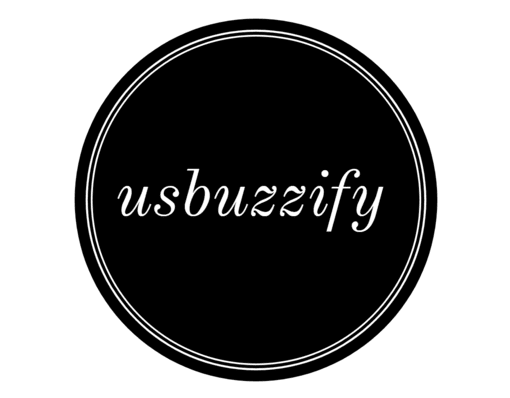Artificial intelligence (AI) has become a ubiquitous force in our lives, transforming industries and reshaping societies. However, amidst its rapid advancements, concerns regarding the potential dangers of AI have also been steadily growing. In a recent development, Pope Francis and regulatory bodies worldwide have joined the chorus of caution, urging careful consideration of the ethical and societal implications of this powerful technology.
AI’s Double-Edged Sword: Boon or Bane?
While AI holds immense promise for progress, its potential pitfalls cannot be ignored. The article in Financial Express highlights several key areas of concern:
- Bias and Inaccuracy: AI algorithms can perpetuate and amplify existing biases present in the data they are trained on. This can lead to discriminatory outcomes, particularly in areas like loan approvals, criminal justice, and even hiring decisions.
- Opacity and Complexity: AI models can be intricate and opaque, making it difficult to understand how they arrive at their decisions. This lack of transparency can erode trust and hinder accountability.
- Technological Dictatorship: The article warns against the potential for AI to concentrate power in the hands of a few, creating a scenario akin to a “technological dictatorship.” This raises concerns about privacy, autonomy, and the potential misuse of AI for surveillance and control.
Combating the AI Juggernaut: Mitigating the Risks
The article doesn’t merely paint a dystopian picture; it also proposes concrete steps to mitigate these risks and ensure the responsible development and deployment of AI. Some of the key suggestions include:
- Developing International Regulations: Establishing a global framework for AI governance is crucial to ensure ethical and responsible practices across borders. This would involve setting standards for data privacy, algorithmic transparency, and accountability.
- Enhancing Transparency and Explainability: AI models should be designed to be more transparent and understandable. This would allow for better oversight and public trust in AI-driven decisions.
- Promoting Human Oversight and Control: Humans must remain in control of AI systems, with clear guidelines and safeguards in place to prevent misuse. This necessitates ongoing education and training for individuals involved in the development, deployment, and oversight of AI.
Conclusion: A Call for Collective Action
The article serves as a stark reminder that AI is not a force to be reckoned with blindly. It is a powerful tool that demands careful consideration and responsible stewardship. By acknowledging the potential risks and taking proactive measures to mitigate them, we can ensure that AI serves as a force for good, empowering humanity rather than endangering it.
